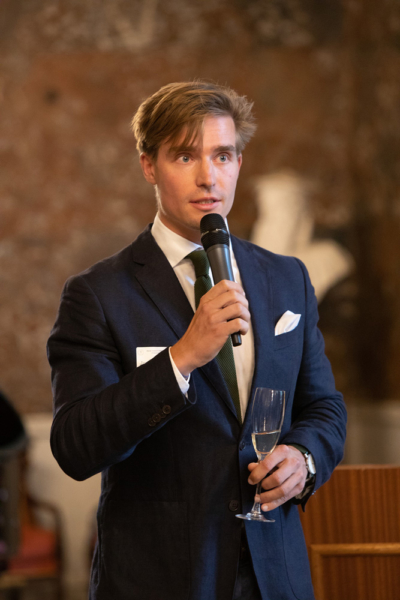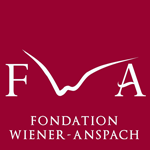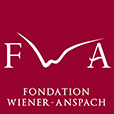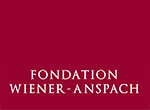 Notre Alumnus Jan Stöckmann (Docteur en Histoire, Université d’Oxford) a récemment publié un article présentant les résultats de son séjour de recherche à l’ULB en 2018/2019, auprès de la Prof. Véronique Dimier (Faculté de Philosophie et Sciences sociales). L’article, intitulé “The First World War and the Democratic Control of Foreign Policy”, est disponible sur le site de la revue Past&Present.
Notre Alumnus Jan Stöckmann (Docteur en Histoire, Université d’Oxford) a récemment publié un article présentant les résultats de son séjour de recherche à l’ULB en 2018/2019, auprès de la Prof. Véronique Dimier (Faculté de Philosophie et Sciences sociales). L’article, intitulé “The First World War and the Democratic Control of Foreign Policy”, est disponible sur le site de la revue Past&Present.
Abstract
As the world went to war in 1914, a group of politicians, scholars and activists developed a radically new concept of foreign policy. It rested on the assumption that the war was the result of a flawed diplomatic system and that democratic institutions would make international relations more peaceful. Specifically, they proposed a set of reforms to improve parliamentary oversight, to prohibit secret treaties and to make foreign affairs more accessible to the general public. Most historians have written them off as pacifist propagandists or isolated national splinter groups. However, as this article shows, the advocates of democratic control built a transnational campaign across more than two dozen countries and drew up an elaborate agenda which anticipated long-lasting debates about foreign policy governance. The leaders of the campaign — including American educationalist Fannie Fern Andrews, German social democrat Eduard Bernstein and British politician Arthur Ponsonby — began by protesting decision-making in July 1914, but gradually worked out a more rigorous foreign policy critique. They hosted conferences, circulated academic-style publications and lobbied governments. Although their programme resonated with Wilsonian and socialist visions for a democratic peace, it failed to materialize in 1919. Ultimately, it remained an exercise in democratic governance
Après son année de recherche postdoctorale à l’ULB, le Dr Stöckmann a été nommé chargé de cours en Histoire moderne à la Helmut-Schmidt-Universität d’Hambourg.


